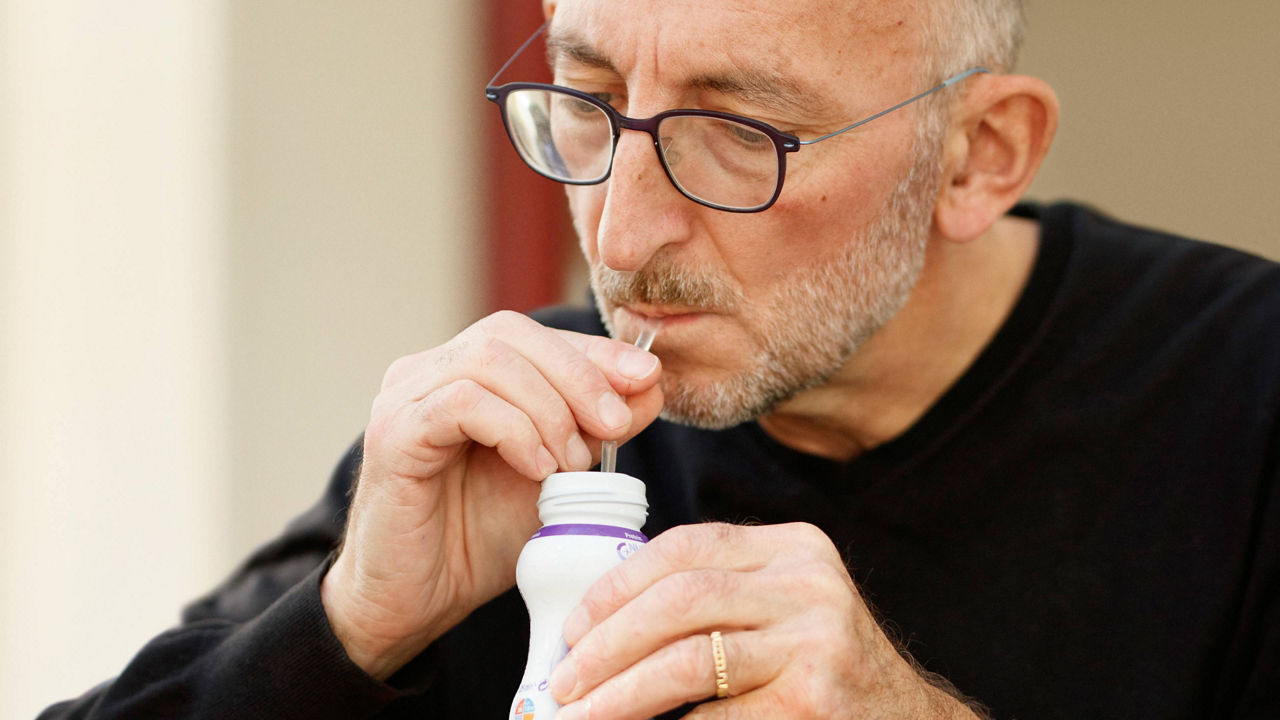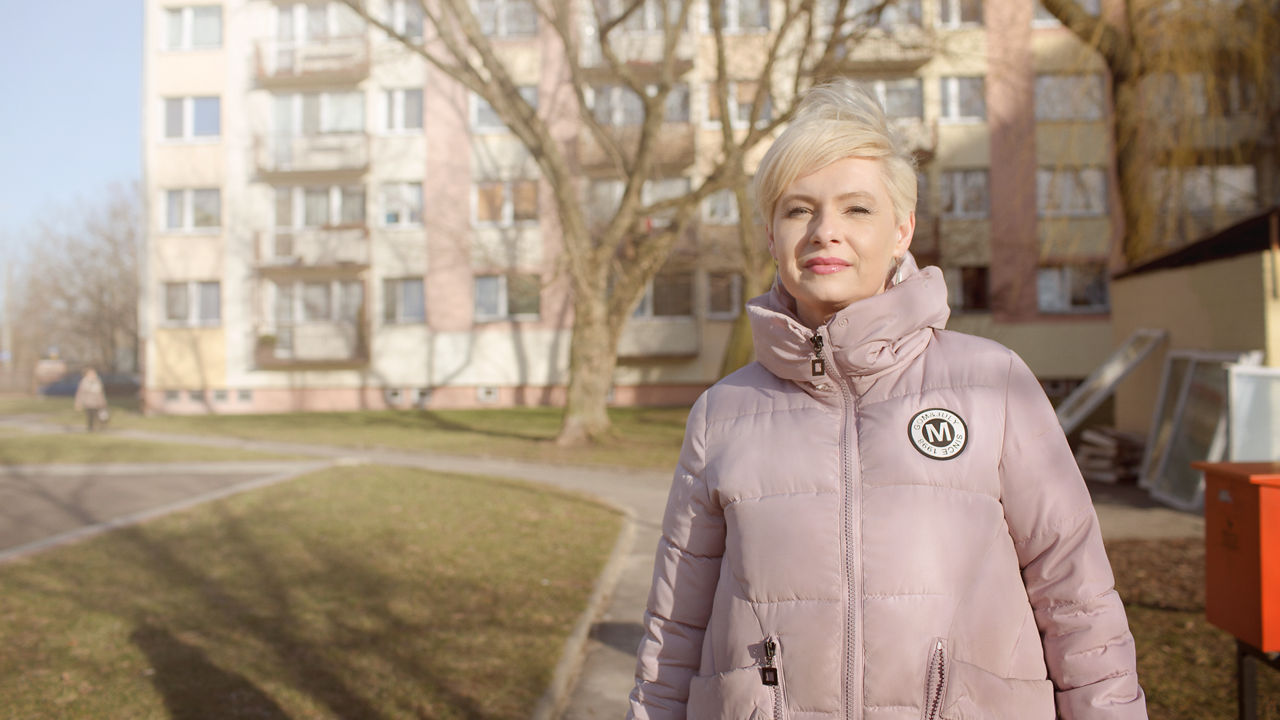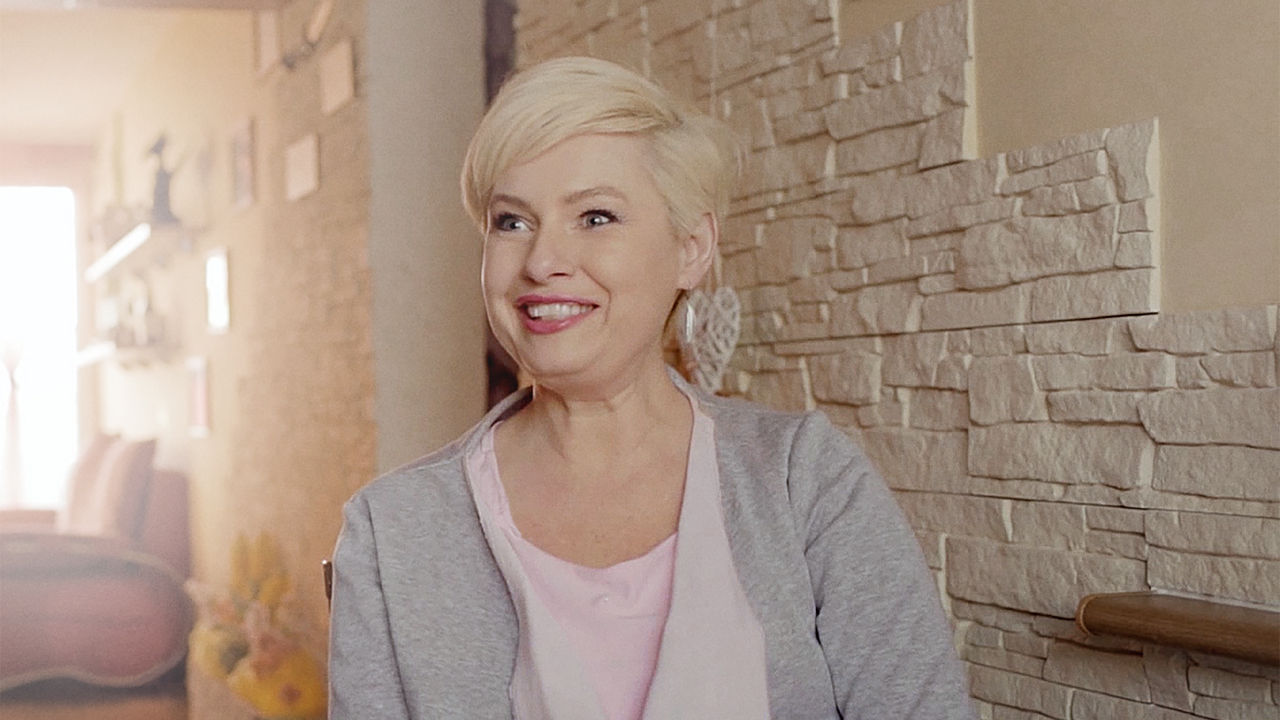The European Cancer Patients Coalition is the largest European cancer patients’ association, representing those affected by all types of cancers, from the rarest to the most common.
An introduction to cancer and weight loss
What is cancer?
Cancer is a disease where cells, the building blocks of all our organs and tissues, begin to behave abnormally, dividing uncontrollably to create more and more abnormal cells. These can form a lump called a tumor in a particular part of the body. One of the first signs of cancer could be the patient feeling the lump - or tumor.
Other cancer symptoms include feeling tired, unexpected pain, or unexplained weight loss (i.e. not due to a new diet or exercise regimen). A confirmed diagnosis can be a life-changing event for both patients and the people around them. A patient is likely to experience not only cancer signs as physical symptoms but also emotional stress and sometimes depression.
The oncologist is the doctor who treats cancer and provides medical care for a person diagnosed with cancer. Whichever treatment – or combination of treatments – a patient is advised to undergo, it is important that the body is as strong as it can be before, during and after, to tolerate and recover from what can be a difficult process. However, weight loss, a common side effect of cancer and its treatment, can leave the body weakened1.
What types of cancer cause the most weight loss?
Cancer can happen in almost all parts of the body and can take a significant physical toll on the patient. But some cancers are more likely to cause serious physical challenges such as extreme weight loss2. These include gastrointestinal cancer (e.g. colon cancer, stomach cancer, bowel cancer and pancreatic cancer) as well as head and neck cancer (e.g. oral cancer, head cancer, neck cancer and lung cancer)2. For different reasons these cancers affect the ability of the patient to consume and digest food effectively2.
The impact of cancer on body strength
Keeping the body strong can be difficult during cancer because of several factors. The cancer itself and the body’s natural defense mechanisms can cause a patient’s metabolic rate to rise, which can result in loss of body weight, particularly muscle (‘lean body mass’)3,4. Weight loss can be worsened by low appetite, nausea and taste changes, including when normal foods take on a metallic flavor, all of which can reduce food intake5.
The impact of weight loss on treatment success
Weight loss during cancer can have a negative impact on treatment because chemotherapy and radiotherapy doses are based on, amongst other factors, body mass index, or BMI. Cancer research show any significant changes to BMI from the point of diagnosis can result in a patient receiving a suboptimal dose, or it could delay treatment altogether6. Besides chemotherapy and radio therapy, BMI can also impact outcomes of a patient undergoing surgery7.
If a patient cannot get the nutrients they need to maintain or regain weight through a normal diet alone, a healthcare professional may recommend medical nutrition, also known as oral nutritional supplements.
The role of medical nutrition in cancer
Medical nutrition are foods for special medical purposes and must be used under medical supervision. They are available in a range of flavours and formats, and include high protein, high energy, nutritionally complete drinks, desserts and powders. Medical nutrition can be taken between meals to support and boost the amount of nutrition a patient consumes each day or, if a patient is unable to eat at all, can be used as a sole source of nutrition. There are also variants of medical nutrition that can be administered via a tube directly into the stomach (‘enteral’ nutrition).
Medical nutrition, when started early in a cancer patient’s journey can contribute to maintain weight. This is important to continue cancer therapy and is related to better treatment outcomes8. Taking medical nutrition in line with a healthcare professional’s advice can also help to reduce incidence of complications, help to reduce time in hospital and support improvement of quality of life.
Please ask your healthcare professional if oral nutritional supplements may be suitable for you.
European Cancer Patients Coalition
- Ryan et al. Proc Nutr Soc, 2016;75(2)199-211.
- Bozzetti 2008 and 2001; Bosaeus 2001 Hebuterne et al, 2014 JPEN J Parenter Enteral Nutr.;38(2):196-204
- DeWys et al. Am J Med, 1980;69:49;1-7.
- Prado CM et al. Cancer Chemother Pharmacol, 2011; 67(1):93-101.
- IJpma I, Timmermans ER, Renken RJ, et al. Nutr Cancer. 2017;69(1):140-145.
- Ross PJ et al, 2004 Br J Cancer; 90(10):1905-11
- Medicine (Baltimore). 2015 Oct; 94(42): e1769. The Impact of Body Mass Index on the Surgical Outcomes of Patients With Gastric Cancer. A 10-Year, Single-Institution Cohort Study
- Martin L et al. J Clin Oncol, 2015:33(1):90-9.
Are you a healthcare professional or (carer of) a diagnosed patient?
The product information for this area of specialization is intended for healthcare professionals or (carers of) diagnosed patients only, as these products are for use under healthcare professional supervision.
Please click ‘Yes’ if you are a healthcare professional or (carer of) a diagnosed patient, or ‘No’ to be taken to a full list of our products.
The information on this page is intended for healthcare professionals only.
If you aren't a healthcare professional, you can visit the page with general information, by clicking 'I'm not a healthcare professional' below.




